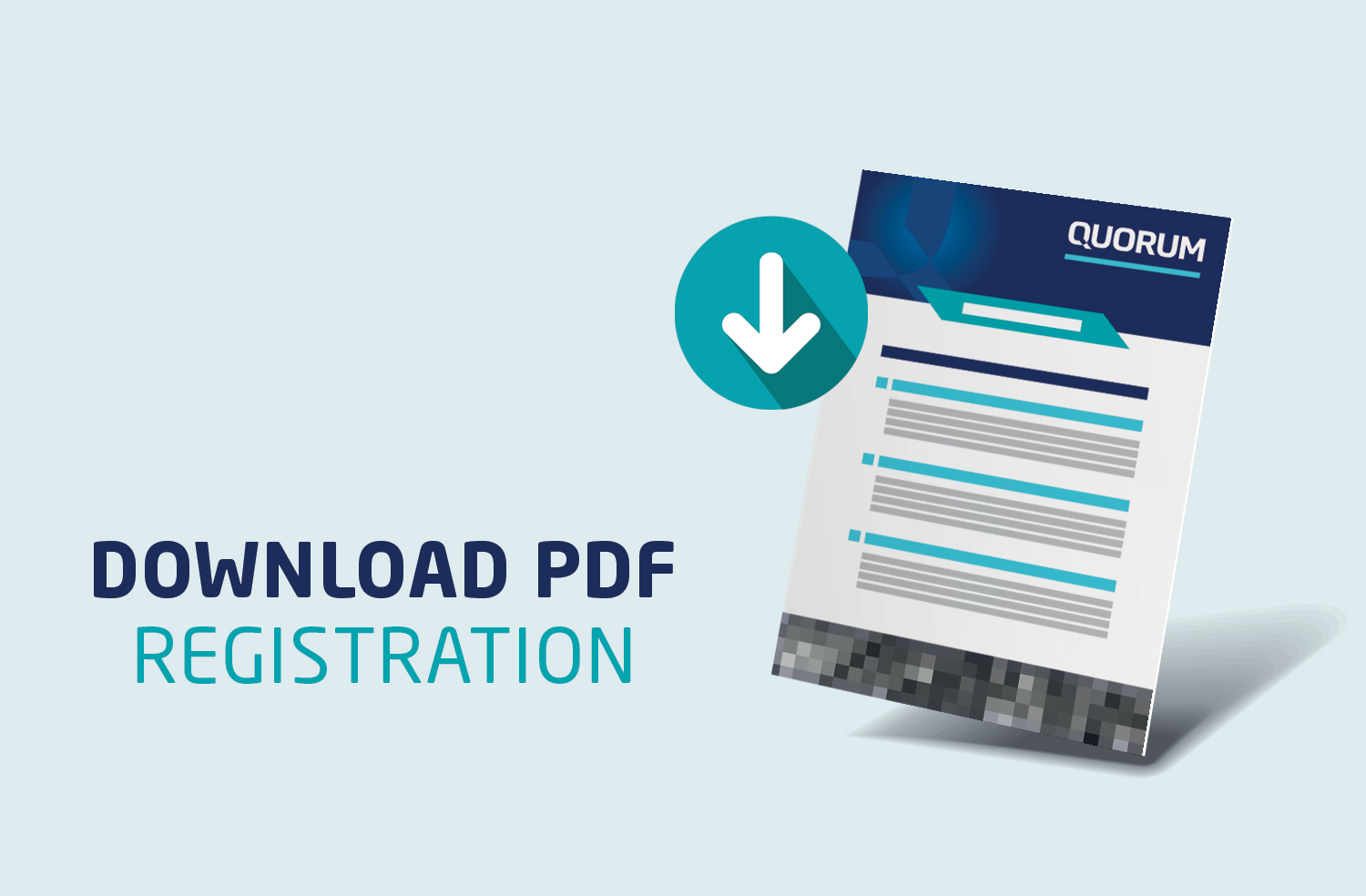Future Trends in Supportability Engineering – Digitisation

At Quorum, we are always looking for the best way to implement our extensive expertise in Supportability Engineering, in defence circles often known as Integrated Logistic Support (ILS) or Integrated Product Support (IPS). Sometimes, that means adapting our approach to what is currently trending, and we are constantly keeping up to date with these current and future trends so that we can create tailored solutions to our client’s needs.
Industry 4.0 refers to what some call the fourth industrial revolution, the integration of digital technology into various factors of industry and society. Whether you are in the defence, construction, medical, or utility industries, digital technology will become more prevalent in your field sooner or later.
This article is the first in a series where we look at future trends in supportability; we highly recommend that you keep reading as our goals are not only to prepare you but also to highlight that we are here, and if you need help navigating the new digital terrain, do not hesitate to give us a shout.
IOT and Sensor Technology Advancements
Smart sensors are integrated/imbedded into equipment, and they are not new. However, they are becoming more advanced and accurate when collecting real-time data on equipment performance, health, and usage.
Software that uses advanced algorithms analyse the data and relays it to the relevant personnel. This data can be acted upon swiftly. Essentially, smart sensors use The Internet of Things (IoT) to relay collected data. So, what advancements have been happening in the IoT and sensor landscape?
- Environmental and Energy Monitoring: IoT sensors are now capable of monitoring a broader range of environmental factors, including air quality, radiation, and pollution levels, critically assessing the safety and suitability of operational environments
- Edge Computing and On-Device Processing: IoT sensors are relying less on centralised servers as they are becoming more capable of processing data locally
- Enhanced Connectivity Options: We can easily discuss how 5G networks offer high-speed, low-latency connections, but what about remote locations? Well, smart sensors are adopting a range of connectivity options, including Low-power Wide-area Networks (LPWANs) like LoRaWAN, NB-IoT, and LTE-M. These allow for better penetration and extended range in areas that do not have access to 5G
- Machine Learning and AI Integration: One of the biggest advancements in IoT sensor technology is the integration of AI and machine learning. Machine Learning and AI technology are getting better at predicting equipment failures, recommending maintenance actions, or classifying data in real-time, overall providing valuable information for logistic support
With IoT sensors, smaller advancements are taking place, typically around miniaturisation, battery life, and compression protocols.
Data Analytics and Predictive Maintenance
Data analytics and predictive maintenance are crucial in the digitisation of supportability. Data analytics can provide real-time monitoring, pattern recognition, and predictive insights into equipment conditions.
Based on these data-driven insights, predictive maintenance reduces downtime, can extend the lifespan of critical equipment, and improves resource allocation. It ensures equipment readiness for critical missions and projects while reducing costs, which is good business.

The Need for Supportability Consultants in Industry 4.0
So, where do Supportability Consultants come in with all of this? If a smart sensor does all the work, is there even a need for expert consultants? Absolutely, it augments their roles and enhances the overall effectiveness of supportability in the following ways:
- Needs Assessment: Quorum consultants assess the specific needs and objectives of your organisation, helping to determine where and how IoT can be most effectively integrated
- Technology Evaluation: Our Supportability Consultants provide expertise in evaluating technologies and solutions, assisting organisations in selecting the most suitable options based on their requirements and budget
- Integration Expertise: Ensure seamless integration of smart systems with existing infrastructure and legacy systems, minimising disruption and compatibility issues
- Navigating Regulations: Quorum consultants are well-versed in the regulatory landscape of the defence and many other sectors. We help organisations navigate complex regulations, ensuring that technology implementations comply with security, data privacy, and safety standards
- Human Factors: Our consultants assess how technology integration affects the workforce and organisational processes, identifying potential challenges and opportunities related to human factors
- Training and Development: Some technologies might require personnel to develop new skills through tailored training programs, which is something Quorum specialises in
- Cost-Benefit Analysis: Conducting a cost-benefit analysis to evaluate the return on investment (ROI) of any new technological implementation is crucial
There is so much more that an experienced consultant can do; we do not have the space to list everything.
Ready to let Quorum help you navigate future trends? Let’s find the best solution for you.
+44 (0)1952 671950
Follow us on LinkedIn
Your support engineering insights…
Register for the latest news, direct to your mailbox!



